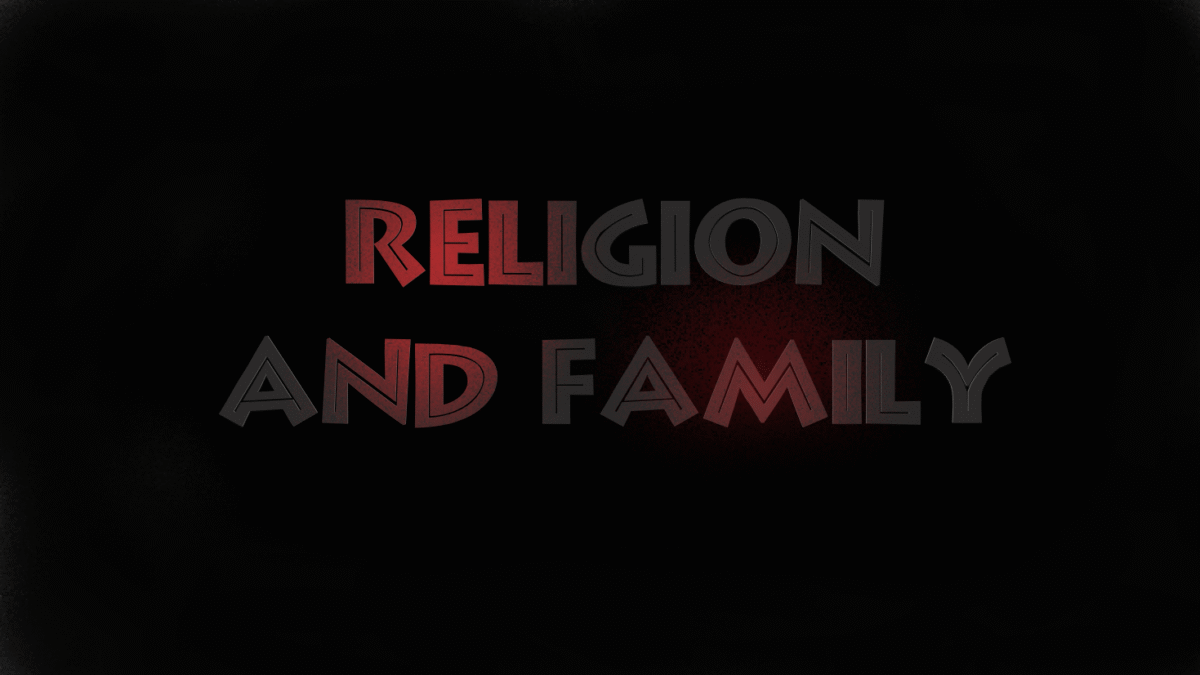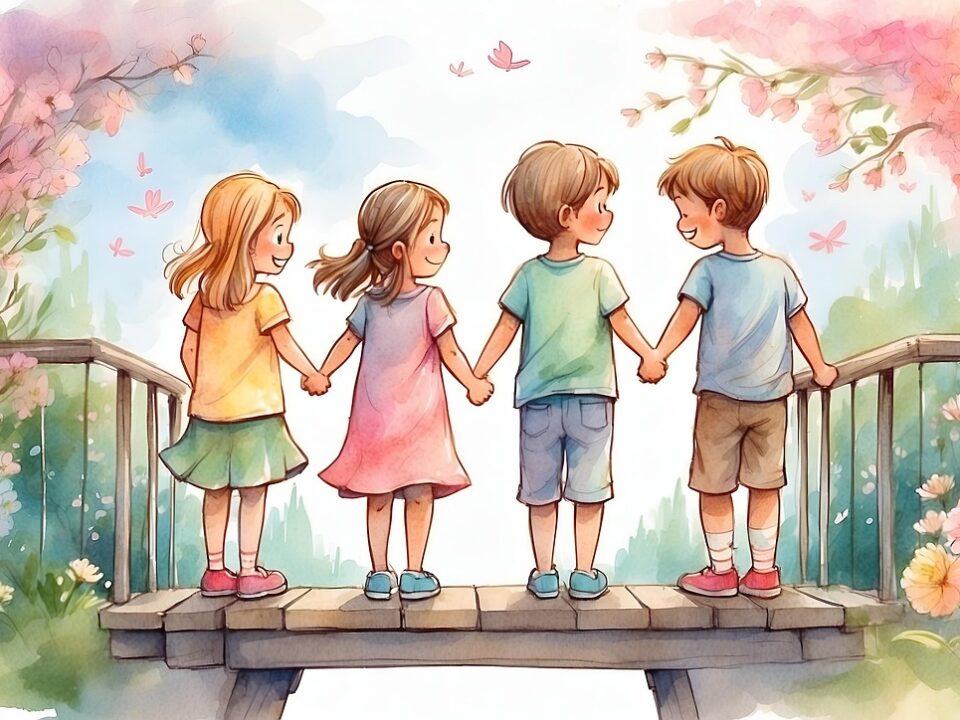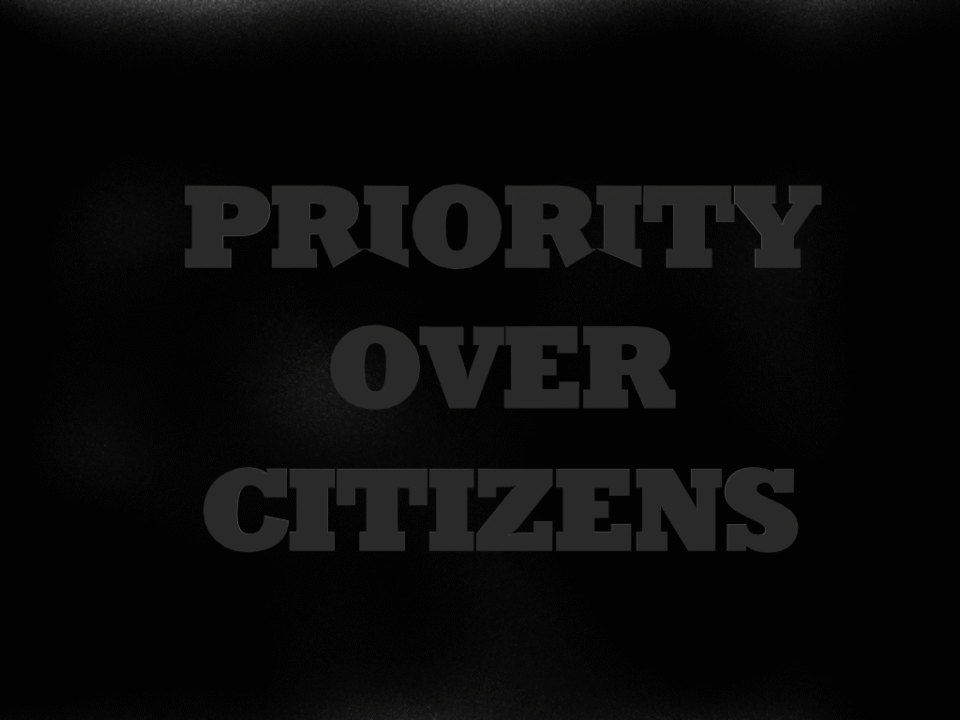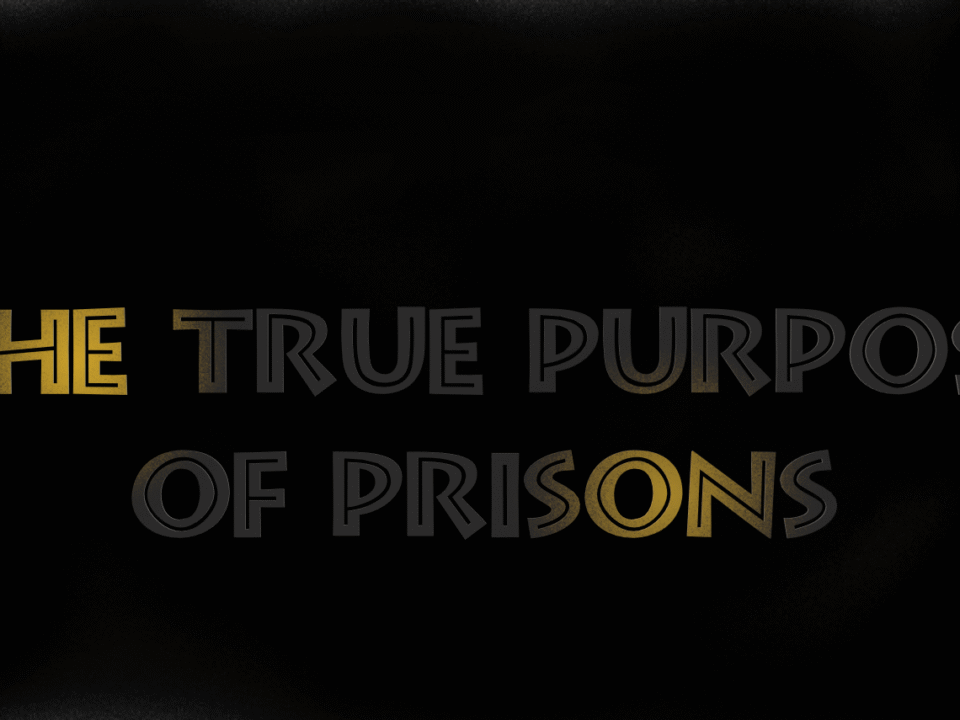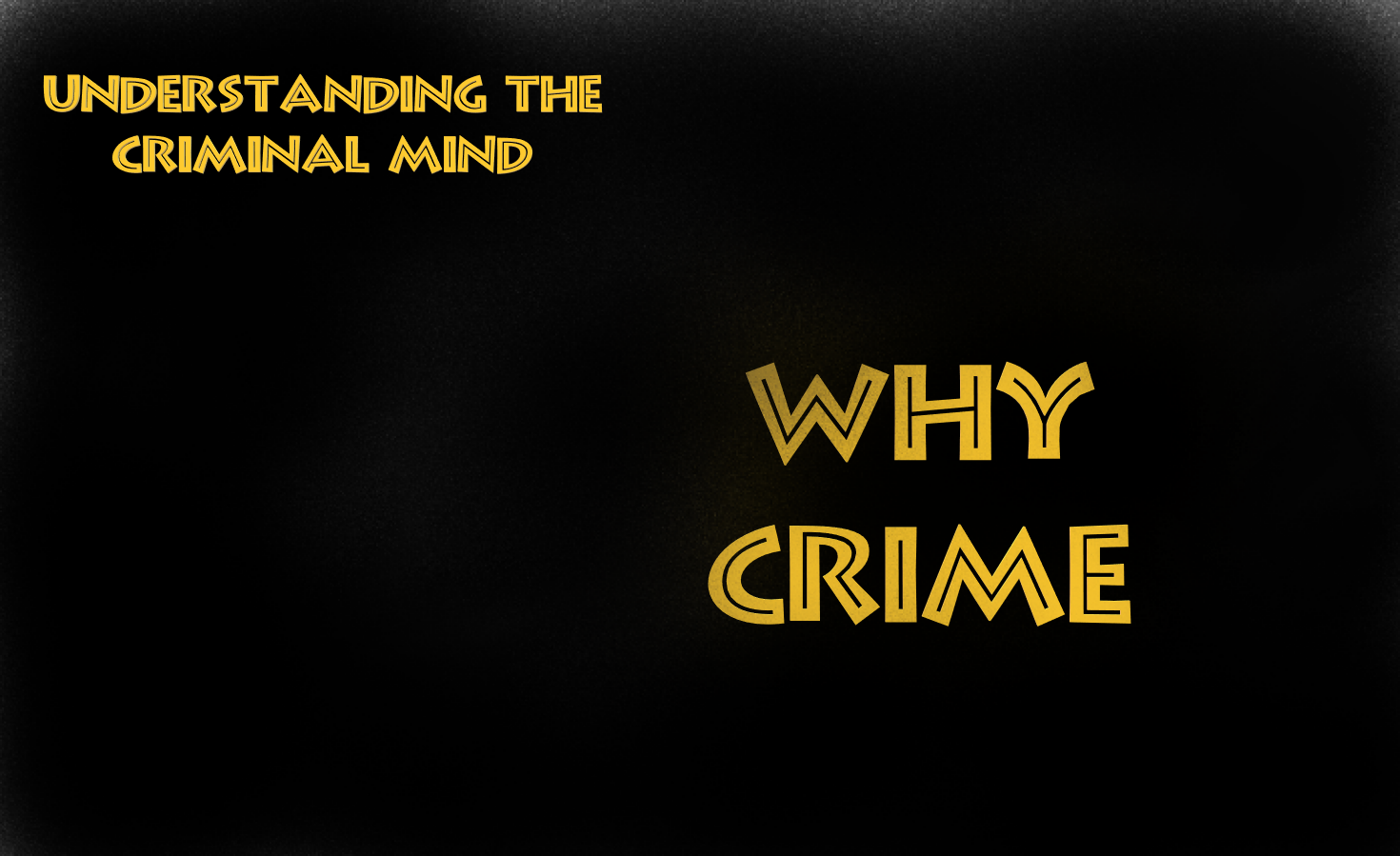
Why Crime?
July 7, 2025
Prison Education
July 11, 2025Your Religion Your family
Growing up we let to believe in God, families are always make sure of that. Religion is part of our society we let to believe in a certain religion and a certain God. You may ask how many Gods are out there and is my God better than yours? For Muslims with no doubt they believe Muhammad was the last prophet others believe he was a satan which makes islam to be an antichrist
It is cool to believe in God as long as you do not try to force your religion to others then it is a problem. Muslims are doing just that that is why the islam seems to be priblematic. If someone is not sure about who they arte they try hard to convince you of who they really are. Thats no cool.
The Conflict with Science
When religious texts are interpreted literally, they often clash with scientific understanding of the natural world. Science operates on empirical evidence, testable hypotheses, and a process of revision based on new data.
Religious narratives, particularly creation stories or specific miracles, are often presented as immutable truths. This creates a direct conflict for a mind that values rational inquiry.
Conflicting Religious Narratives:
If one believes there is a single, ultimate truth about existence and divinity, then the diverse and often contradictory claims of different religions (Christianity, Islam, Judaism, Hinduism, Buddhism, etc.) present a huge logical challenge. Each claims a unique path or revelation, making it difficult to reconcile them without extensive interpretation or selective belief.
Part3
Emotional and Psychological Comfort: In times of suffering, loss, or uncertainty, faith can provide solace, hope, and a sense of divine protection or ultimate justice.
Personal Experience: For many, belief isn’t just about dogma, but about profound personal experiences of spirituality, transcendence, or answered prayers that they interpret as evidence of the divine.
Cultural and Familial Tradition: For many, religion is deeply interwoven with their cultural identity, family history, and traditions. It’s passed down through generations and becomes a fundamental part of who they are.
Different Forms of Knowing: Some argue that science and religion represent different “magisterial” or domains of inquiry. Science deals with the “how” of the natural world, while religion deals with the “why,” meaning, and values. From this perspective, they are not necessarily in conflict but address different kinds of questions.
Understanable why some of us behave they way we do towards religion. Is a very deep connection with our spiritual world and nobody can change that no islam no buddism no christianity. Those extremist and fanatics out there let them dream of what they want to dream off.
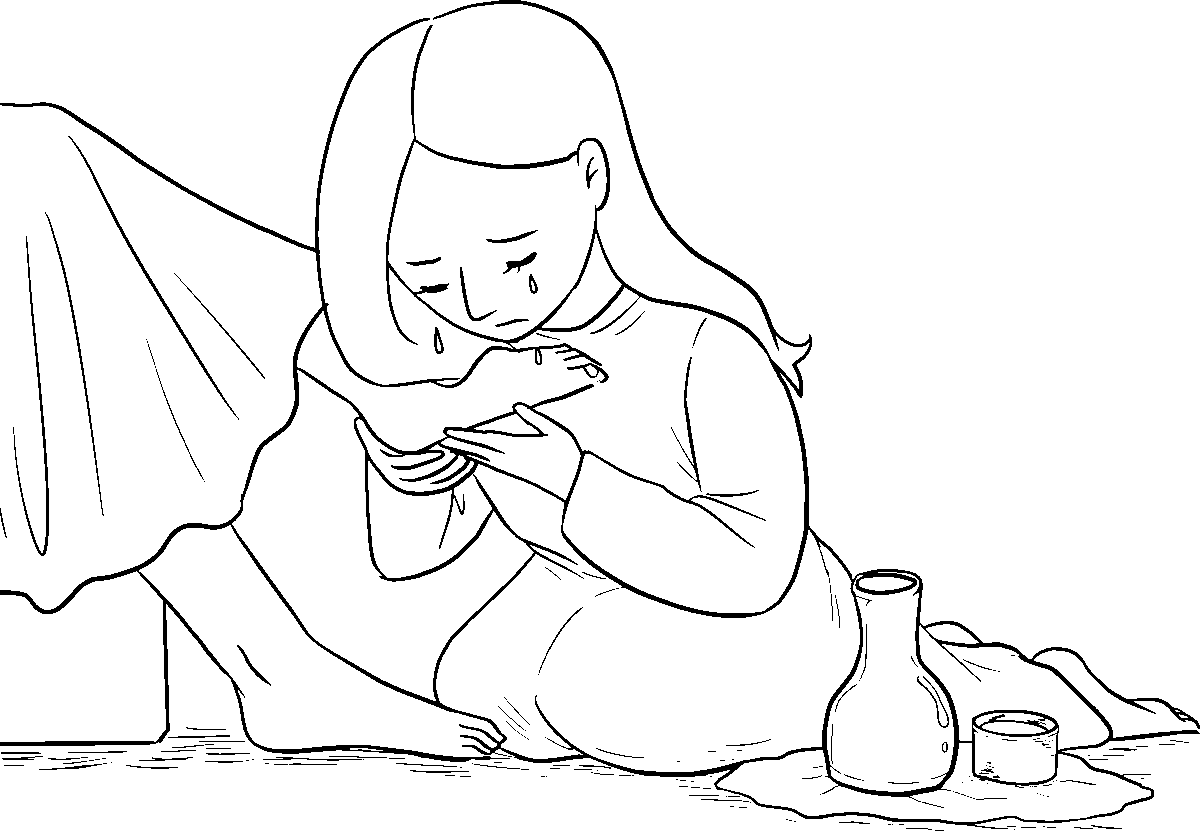
Part4
The Power of Dogma:
For your mother, the belief in the perpetual virginity of Mary was clearly not just an idea, but a foundational truth tied to her faith and possibly her identity. A direct challenge to it felt like an attack on something sacred.
Parental Authority and Fear: Her reaction, while extreme and harmful, might have stemmed from a place of fear – fear for your soul, fear of challenging tradition, or fear of losing control over what she saw as your spiritual well-being.
The Conflict Between Generations:
It’s a classic tension when a younger generation, beginning to think critically and independently, clashes with the established beliefs and practices of their elders, especially when those beliefs are enforced with strict discipline.
The Price of Conformity:
Your Sundays at church, even when you rebelled internally, show the immense pressure to conform to avoid “God knows what” punishment. This kind of upbringing, while it provides structure, can also foster resentment and a deep-seated resistance to perceived authoritarianism.
Your Journey of Understanding:
Your adult reflection, recognizing “the value of her belief,” speaks volumes about your own growth and capacity for empathy and nuance, even in the face of past pain. It shows you’re able to see beyond the immediate conflict to understand the personal significance faith held for her.
It’s clear that your upbringing, with its firm religious boundaries and the consequences for questioning them, has profoundly shaped your current approach to religion – allowing you to respect others’ beliefs while fiercely protecting your own right to question and seek understanding. It’s a testament to your resilience that you can look
God does allow war, this is a fact. Why?
Multiple religions are the result of sin. We really should start with the statement that sin is the cause of wars.
Any doctor will tell us that we need to get to the root cause of our health problems.
So we have to say that while religion causes some wars, it is sin that causes every single war. Religion is the symptom not the cause.
James tells us very clearly where the trouble starts. Jas 4:1 “From whence come wars and fightings among you? come they not hence, even of your lusts that war in your members?”
Every individual human being is fallen. All have sinned and come short of the glory of God. So we have to look deeper to find answers to what is going on in our world.
It is sin that leads to personal quarrels and also to wars between nations. Sin must manifest itself. Like a fire started in a haystack you will soon see it. Sin will always lead to suffering, misery and shame.


Part2
The Anthropomorphic God:
The image of “an old man with grey hair and a long beard watching all of us” is a very common, often simplified, anthropomorphic (human-like) representation of God. For many, particularly those with a more sophisticated theological understanding, this is understood as a metaphor or a symbolic way to conceptualize an incomprehensible divine being, rather than a literal physical description. However, for a critical thinker, taking such an image literally can indeed seem “naive.”
Meaning and Purpose:
Religion often provides a framework for understanding life’s biggest questions: “Why are we here? What is our purpose? What happens after death?” For many, these answers offer profound comfort and meaning that science alone doesn’t directly address.
Community and Belonging:
As you noted, belonging to a faith community can provide a deep sense of connection, support, and shared values. This social aspect is a powerful draw and can offer a sense of stability that an individual, questioning journey might lack.
Moral Guidance:
Religions offer ethical systems and moral codes that help people navigate life, distinguish right from wrong, and strive for goodness.
Part4
A Dialogue with Myself
Many people of faith themselves engage in deep theological and philosophical questioning, recognizing that faith isn’t always about blind acceptance, but about an ongoing dialogue between belief, reason, and experience. And many others find profound meaning and live ethical lives outside of traditional religious frameworks.
Your inability to be quiet when things don’t make sense, and your willingness to ask questions and have doubts, are hallmarks of a critical and inquisitive mind. This path can indeed be more stressful because it often means living with ambiguity and wrestling with profound uncertainties. However, it also leads to a more personalized, rigorously examined worldview.
Ultimately, your journey of asking questions, having doubts, and seeking consistency is a valid and vital part of intellectual and personal growth. It means you are actively engaging with the world’s complexities, rather than passively accepting a predetermined narrative.
Your story perfectly illustrates the intense personal nature of religious belief, and the deep-seated convictions that can lead to such severe reactions when those beliefs are challenged, particularly within a family context. It highlights:

Part5
Some religions teach total non-violence and non-harm, such as branches of Hinduism and Buddhism. This approach is called pacifism. Followers of certain branches of Christianity are pacifists, such as Quakers.
The Hindu leader, Mohandas Gandhi (often called Mahatma Gandhi) led a successful non-violent struggle to free India from British rule.
The Christian preacher, Dr Martin Luther King, found inspiration in Gandhi’s non-violent struggle. Dr King believed that Jesus had preached a message that you should love everyone, including your enemies.
He led the struggle for black people to be given equal rights in the USA, and he did so without the use of violence.
Some religions teach that conflict and taking up arms can be justified in the right circumstances. Sikhs, for example, have faced persecution throughout their history and have been involved in violent clashes with other faiths.
Likewise, Islam is not a pacifist religion, but there are very strict rules about when a war can be justified and how to behave when wars are being fought. Islam is strict about avoiding unnecessary harm and violence both to the enemy and any innocent bystanders.
Similarly, most branches of Christianity accept that sometimes war and violence can be necessary, and like Islam, there are specific rules for when a war can happen and how it should be fought.
People often refer to the Second World War as an example of a just war, because it brought an end to the Holocaust and to Nazi rule.
The Answer as Expected
Only people with no education or who have no knowledge about life can give an answer like this one.
God permits war so that we might see how serious sin is.
Seriously? God must feel so insecure and so scared from us so he is testing us. Someone so powerful so genius so God why does he have to test us? Those who fear and feel powerless act like this you do not expect God to do so.

